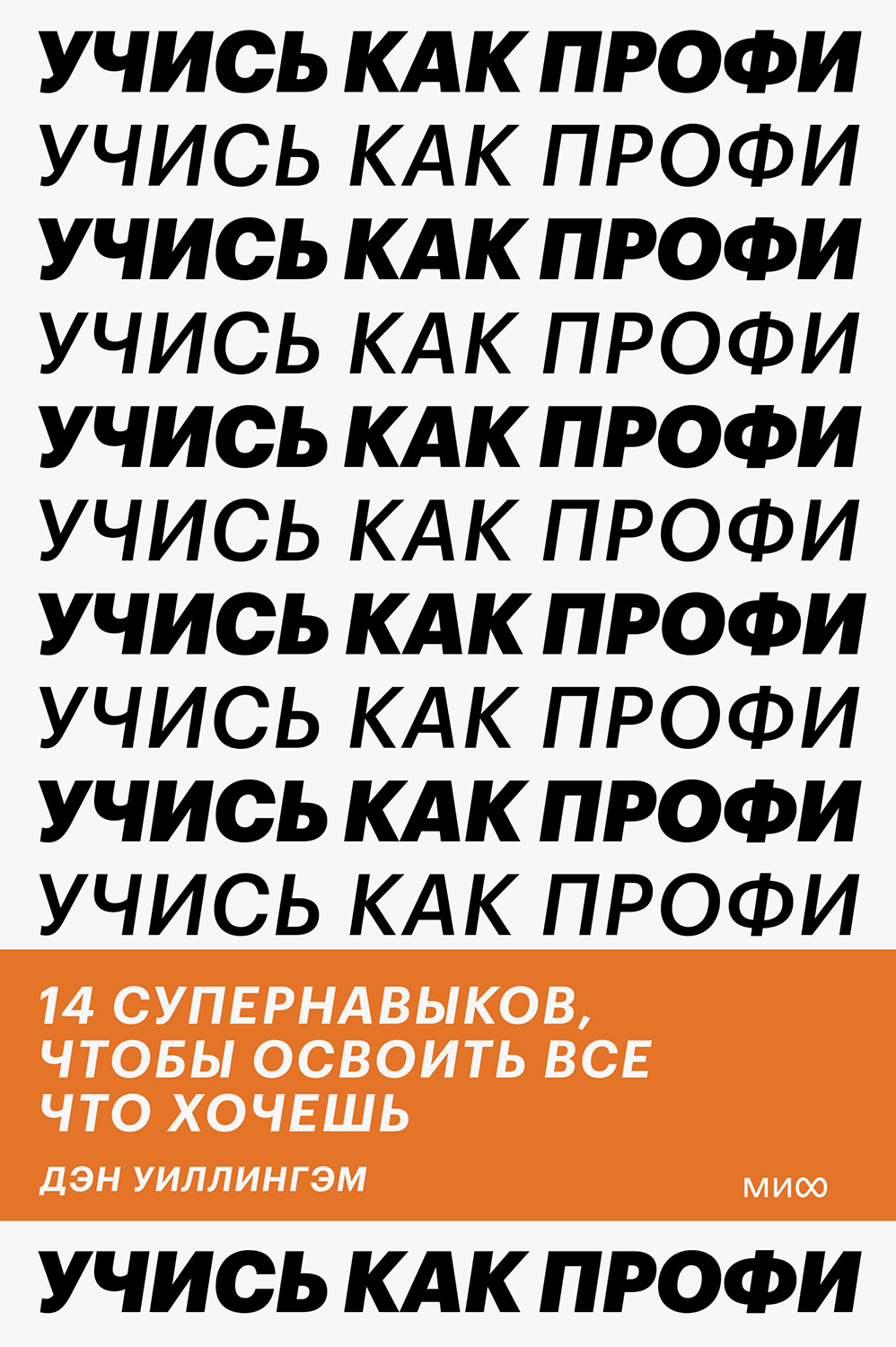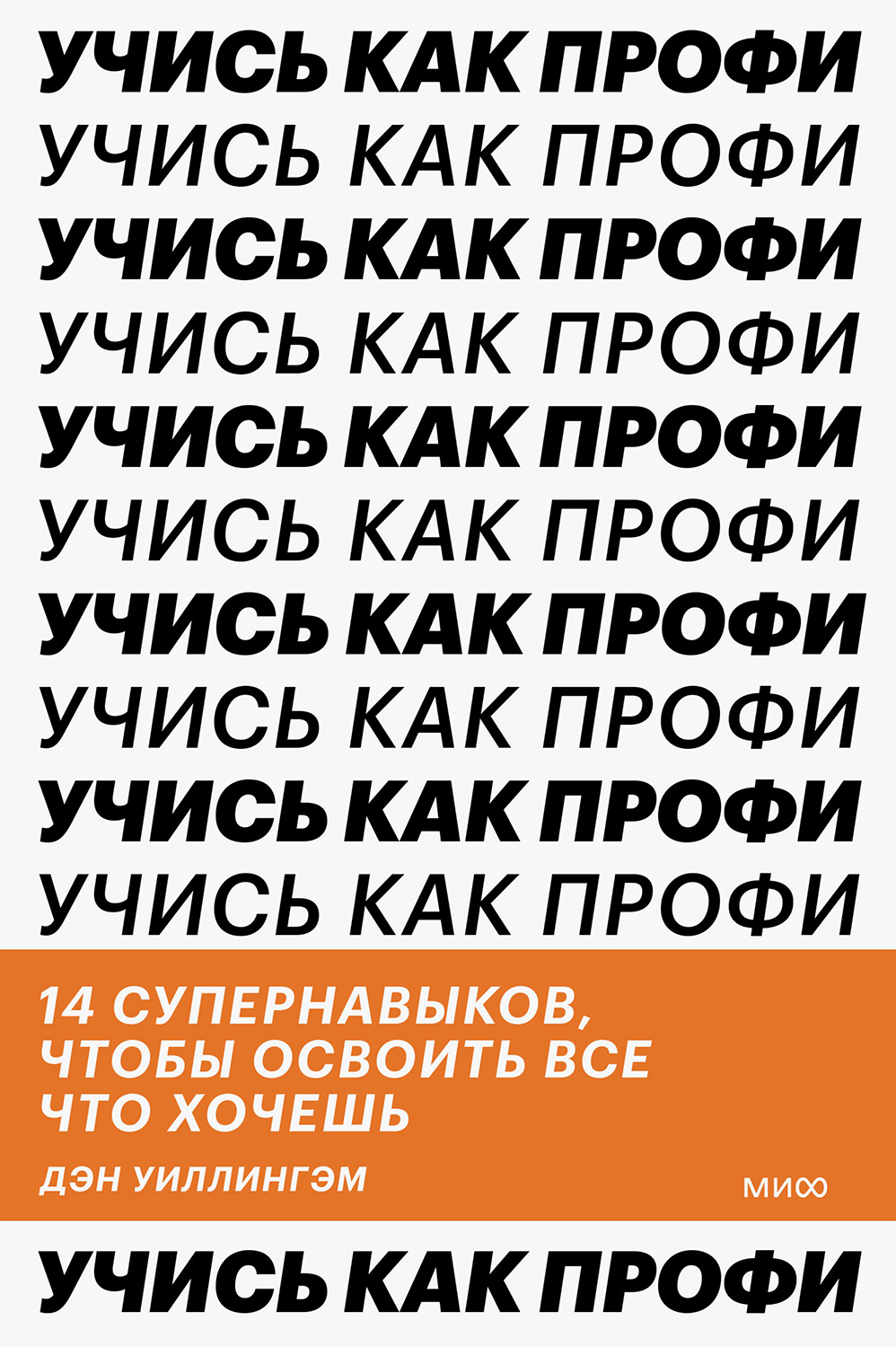Performance: Self-Control by Precommitment // Psychological Science. 2002. May. Vol. 13. № 3. Pp. 219–224 // dx.doi.org/10.1111/1467-9280.00441.
Barrera M. Jr., Ainlay S. L. The Structure of Social Support: A Conceptual and Empirical Analysis // Journal of Community Psychology. 1983. April. Vol. 11. № 2. Pp. 133–143 // dx.doi.org/10.1002/1520-6629(198304)11:2<133::AID-JCOP2290110207>3.0.CO;2-L.
Frederick S., Novemsky N., Wang J., Dhar R., Nowlis S. Opportunity Cost Neglect // Journal of Consumer Research. 2009. December. Vol. 36. № 4. Pp. 553–561 // dx.doi.org/10.1086/599764.
Krause K., Freund A. M. It’s in the Means: Process Focus Helps Against Procrastination in the Academic Context // Motivation and Emotion. 2016. June. Vol. 40. № 3. Pp. 422–437 // dx.doi.org/10.1007/s11031-016-9541-2.
Lally P., van Jaarsveld C. H. M., Potts H. W. W., Wardle J. How Are Habits Formed: Modelling Habit Formation in the Real World // European Journal of Social Psychology. 2010. October. Vol. 40. № 6. Pp. 998–1009 // dx.doi.org/10.1002/EJSP.674.
Lickel B., Kushlev K., Savalei V., Matta S., Schmader T. Shame and the Motivation to Change the Self // Emotion. 2014. December. Vol. 14. № 6. Pp. 1049–1061 // dx.doi.org/10.1037/A0038235.
Neal D. T., Wood W., Labrecque J. S., Lally P. How Do Habits Guide Behavior? Perceived and Actual Triggers of Habits in Daily Life // Journal of Experimental Social Psychology. 2012. March. Vol. 48. № 2. Pp. 492–498 // dx.doi.org/10.1016/j.jesp.2011.10.011.
Ruby M. B., Dunn E. W., Perrino A., Gillis R., Viel S. The Invisible Benefits of Exercise // Health Psychology. 2011. January. Vol. 30. № 1. Pp. 67–74 // dx.doi.org/10.1037/a0021859.
Steel P. The Nature of Procrastination: A Meta-Analytic and Theoretical Review of Quintessential Self-Regulatory Failure // Psychological Bulletin. 2007. January. Vol. 133. № 1. Pp. 65–94 // dx.doi.org/10.1037/0033-2909.133.1.65.
Strunk K. K., Steele M. R. Relative Contributions of Self-Efficacy, Self-Regulation, and Self-Handicapping in Predicting Student Procrastination // Psychological Reports. 2011. December. Vol. 109. № 3. Pp. 983–989 // dx.doi.org/10.2466/07.09.20.PR0.109.6.983–989.
Wood W., Rünger D. Psychology of Habit // Annual Review of Psychology. 2016. January. Vol. 67. Pp. 289–314 // dx.doi.org/10.1146/annurev-psych-122414-033417.
Zhang S., Liu P., Feng T. To Do It Now or Later: The Cognitive Mechanisms and Neural Substrates Underlying Procrastination // WIREs Cognitive Science. 2019. July — August. Vol. 10. № 4 // dx.doi.org/10.1002/WCS.1492.
Глава 12
Allen A. P., Smith A. P. A Review of the Evidence That Chewing Gum Affects Stress, Alertness and Cognition // Journal of Behavioral and Neuroscience Research. 2011. Vol. 9. № 1. Pp. 7–23 // researchgate.net/publication/313065290_A_review_of_the_evidence_that_chewing_gum_affects_stress_alertness_and_cognition.
Altmann E. M., Trafton J. G., Hambrick D. Z. Momentary Interruptions Can Derail the Train of Thought // Journal of Experimental Psychology: General. 2014. February. Vol. 143. № 1. Pp. 215–226 // dx.doi.org/10.1037/a0030986.
Ariga A., Lleras A. Brief and Rare Mental ‘Breaks’ Keep You Focused: Deactivation and Reactivation of Task Goals Preempt Vigilance Decrements // Cognition. 2011. March. Vol. 118. № 3. Pp. 439–443 // dx.doi.org/10.1016/j.cognition.2010.12.007.
Berridge K. C. Wanting and Liking: Observations from the Neuroscience and Psychology Laboratory // Inquiry. 2009. August. Vol. 52. № 4. Pp. 378–398 // dx.doi.org/10.1080/00201740903087359.
Bratman G. N., Hamilton J. P., Daily G. C. The Impacts of Nature Experience on Human Cognitive Function and Mental Health // Annals of the New York Academy of Sciences. 2012. February. Vol. 1249. № 1. Pp. 118–136 // dx.doi.org/10.1111/j.1749–6632.2011.06400.x.
Duckworth A. L., Gross J. J. Behavior Change // Organizational Behavior and Human Decision Processes. 2020. November. Vol. 161 (suppl.). Pp. 39–49 // dx.doi.org/10.1016/j.obhdp.2020.09.002.
Duckworth A. L., Szabó Gendler T., Gross J. J. Situational Strategies for Self-Control // Perspectives on Psychological Science. 2016. January. Vol. 11. № 1. Pp. 35–55 // dx.doi.org/10.1177/1745691615623247.
Junco R., Cotten S. R. The Relationship Between Multi-tasking and Academic Performance // Computers & Education. 2012. September. Vol. 59. № 2. Pp. 505–514 // dx.doi.org/10.1016/j.compedu.2011.12.023.
Onyper S. V., Carr T. L., Farrar J. S., Floyd B. R. Cognitive Advantages of Chewing Gum. Now You See Them, Now You Don’t // Appetite. 2011. October. Vol. 57. № 2. Pp. 321–328 // dx.doi.org/10.1016/j.appet.2011.05.313.
Orvell A., Vickers B. D., Drake B. et al. Does Distanced Self-Talk Facilitate Emotion Regulation Across a Range of Emotionally Intense Experiences? // Clinical Psychological Science. 2021. January. Vol. 9. № 1. Pp. 68–78 // dx.doi.org/10.1177/2167702620951539.
Rideout V., Robb M. B. The Common Sense Census: Media Use by Tweens and Teens // San Francisco: Common Sense Media, 2019 // commonsensemedia.org/sites/default/files/research/report/2019-census-8-to-18-full-report-updated.pdf.
Risko E. F., Buchanan D., Medimorec S., Kingstone A. Everyday Attention: Mind Wandering and Computer Use during Lectures // Computers & Education. 2013. October. Vol. 68. Pp. 275–283 // dx.doi.org/10.1016/j.compedu.2013.05.001.
Seli P., Risko E. F., Smilek D., Schacter D. L. Mind-Wandering with and Without Intention // Trends in Cognitive Sciences. 2016. August. Vol. 20. № 3. Pp. 605–617 // dx.doi.org/10.1016/j.tics.2016.05.010.
Smallwood J., Schooler J. W. The Science of Mind Wandering: Empirically Navigating the Stream of Consciousness // Annual Review of Psychology. 2015. January. Vol. 66. Pp. 487–518 // dx.doi.org/10.1146/annurev-psych-010814-015331.
Stothart C., Mitchum A., Yehnert C. The Attentional Cost of Receiving a Cell Phone Notification // Journal of Experimental Psychology: Human Perception and Performance. 2015. August. Vol. 41. № 4. Pp. 893–897 // dx.doi.org/10.1037/xhp0000100.
Uncapher M. R., Wagner A. D. Minds and Brains of Media Multitaskers: Current Findings and Future Directions // Proceedings of the National Academy of Sciences of the United States of America. 2018. October. Vol. 115. № 40. Pp. 9889–9896 // dx.doi.org/10.1073/pnas.1611612115.
Willingham D. T. The High Price of Multitasking // New York Times, July 14, 2019 // nytimes.com/2019/07/14/opinion/multitasking-brain.html.
Zanesco A. P., King B. G., MacLean K. A. et al. Meditation Training Influences Mind Wandering and Mindless Reading // Psychology of Consciousness: Theory, Research and Practice. 2016. March. Vol. 3. № 1. Pp. 12–33 // dx.doi.org/10.1037/cns0000082.
Глава 13
Arens K. A., Marsh H. W., Pekrun R. et al. Math Self-Concept, Grades, and Achievement Test Scores: Long-Term Reciprocal Effects Across Five Waves and Three Achievement Tracks // Journal of Educational Psychology. 2017. July. Vol. 109. № 5. Pp. 621–634 // dx.doi.org/10.1037/edu0000163.
Brummelman E., Thomaes S. How Children Construct Views of Themselves: A Social-Developmental Perspective // Child Development. 2017. November — December. Vol. 88. № 6. Pp. 1763–1773 // dx.doi.org/10.1111/cdev.12961.
Dedonno M. A. The Influence of Family Attributes on College Students’ Academic Self-Concept // North American Journal of Psychology. 2013. March. Vol. 15. № 1. Pp. 49–62 // researchgate.net/publication/235986598.
Koivuhovi S., Marsh H. W., Dicke T. et al. Academic Self-Concept Formation and Peer-Group Contagion: Development of the Big-Fish-Little-Pond Effect in Primary-School Classrooms and Peer Groups // Journal of Educational Psychology. 2022. Vol. 114. № 1. Pp. 198–213 // dx.doi.org/10.1037/edu0000554.
Marsh H. W. Academic Self-Concept: Theory, Measurement,





